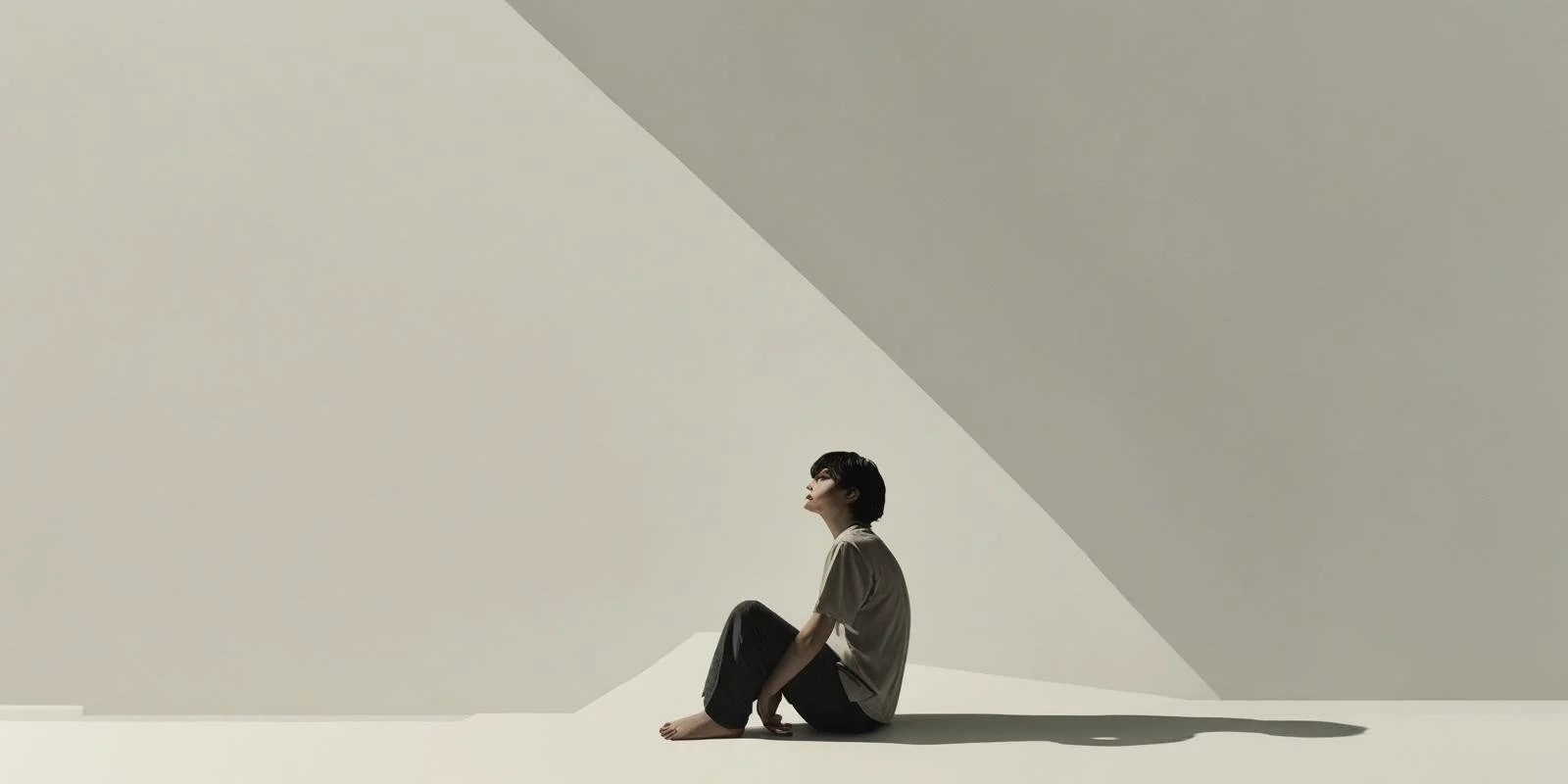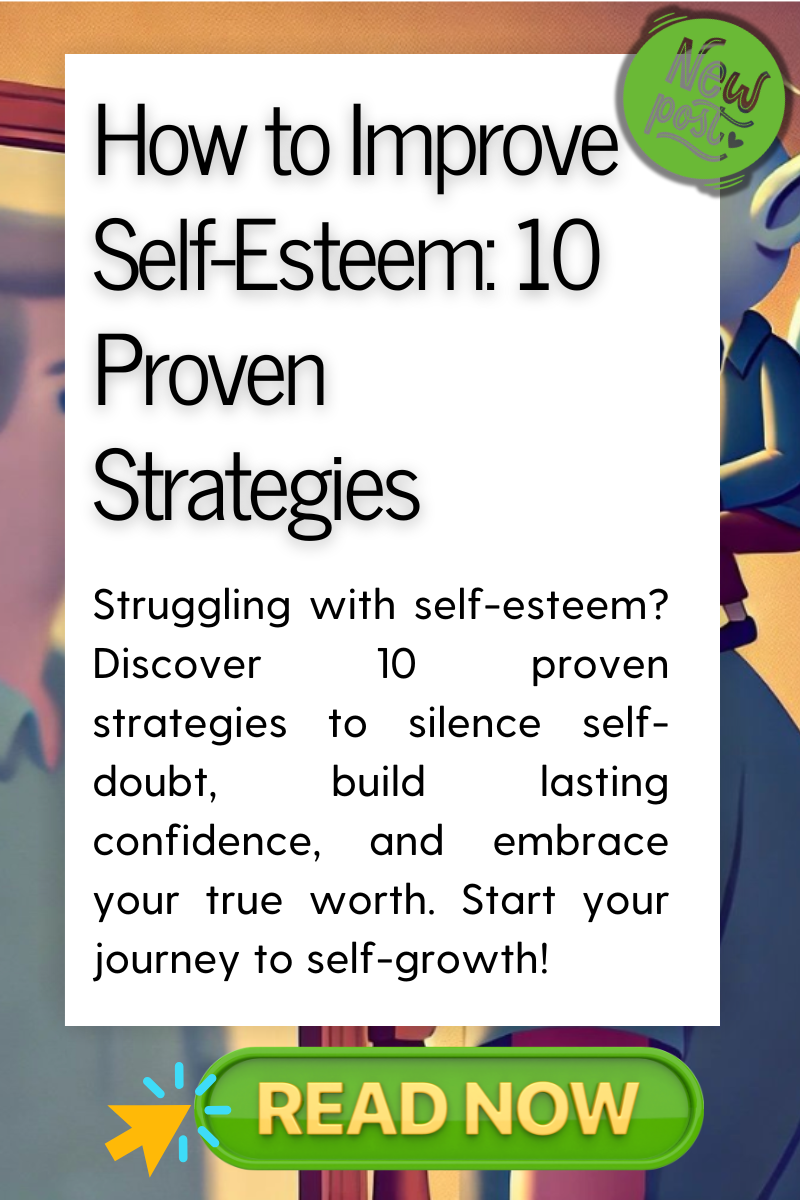How to Have Life Balance: What It Is, Why It Matters
The Myth of Balance
We talk about balance like it’s a trophy—something you either win or lose.
But in real life, balance is a moving target.
Some days it looks like yoga and green juice. Other days it looks like cereal for dinner and turning your phone off at 6 p.m.
We live in a world that glorifies busy. That measures success by how much you do, not how aligned you feel.
And when you’re juggling work, family, friendships, bills, goals, groceries, dreams—it’s no wonder you feel off-kilter.
So what does it really mean to have balance in your life? And why does it matter more than ever?
This isn’t a guide to being perfect. This is a compass for when you’re feeling scattered. It’s about honoring the important things, making space for your own needs, and finding your well-balanced life—on your terms.
Let’s redefine what balance looks like today.
What Balance Really Means
Most people imagine balance as equal parts—work, health, relationships, hobbies—all given the same amount of time.
That sounds nice… but it’s not how humans work.
Balance isn’t symmetry. It’s alignment. It’s giving weight to what matters most right now—and knowing that what matters might change next month, next week, or even tonight.
Think of your life like a pie chart. Each slice represents an area of your life: physical health, emotional well-being, creativity, connection, rest, purpose.
Some slices grow. Others shrink. The goal isn’t to make them all the same size—it’s to notice when one slice is swallowing the whole pie.
Or try this: balance is like tuning a guitar. You don’t tighten every string the same amount. You tune based on what creates harmony.
Your version of balance might not look like your friend’s. It might not match what social media says it should be. And that’s a good thing.
A truly balanced lifestyle reflects who you are—not who you think you should be.
Why It Matters More Than Ever
We’re living in a world of invisible overwhelm.
The notifications. The pressure to “do more.” The feeling that rest is laziness. It’s all messing with our heads—and our health.
Balance protects your brain.
Chronic imbalance raises cortisol levels. It impacts sleep, focus, emotional regulation, even your immune system. Studies show that chronic stress and elevated cortisol can lead to long-term emotional and physical health problems. Over time, it chips away at your mental health and life satisfaction.
You might feel pulled in every direction—yet deeply disconnected from yourself.
When you live in balance, things shift. You think more clearly. You make better decisions. You show up more fully in your relationships. You grow—not from panic, but from purpose.
Let’s be real: burnout is not a badge of honor.
A well-balanced life is not about doing less—it’s about doing what matters, with presence.
Signs You’re Off-Balance
You wake up tired. You snap at someone you love. You scroll endlessly but can’t remember what you saw. You have so much time online—and so little time for yourself.
These are all quiet signals.
Maybe you’ve poured an inordinate amount of time into your work, but your relationships feel distant.
Maybe you’ve given your identity to one role: the parent, the partner, the provider. And now the other parts of you feel like strangers.
When one slice of your life becomes a supersized part of your self-identity, the rest of the pie starves. This mirrors the Life Balance Pie model used in coaching and psychology to reflect how roles shape identity and fulfillment.
Imbalance doesn’t always scream. Sometimes it just feels like a slow erosion of joy.
If you’ve been feeling off lately, you’re not alone. The first step is to pay attention to what feels too loud—and what’s gone too quiet.
How to Find Your True North
Begin with a deep breath.
Then get honest about the aspects of your life that feel neglected… or bloated. Balance isn’t about adding more. It’s about paying attention.
The starting point? Take one given day and track how you’re spending time. What gets your energy? What gets only your leftovers?
Then zoom out.
Look at the various areas of your life like a stock portfolio. If you overinvest in one asset, you risk the whole system. Your social life, professional life, personal life, and family life all carry value.
Finding time for the parts of your life that actually fuel you—like your art, your health, your relationships—creates a higher degree of peace. That’s the best version of balance.
Now reconnect with your core values. These are your north star. When you know what matters most, you can set goals that reflect who you really are—not who the world expects you to be.
Best Practices for Daily Life Balance
You don’t need to overhaul your life. You just need a few positive things practiced consistently.
Try these micro-shifts:
Reclaim “lost” time. That 10-minute phone call, the scroll hole, the unnecessary meeting—trade those for a walk, a yoga class, or a few pages of a book.
Build in “white space.” Protect your free time like you would a dentist appointment.
Make room for joy. That could mean listening to music, doodling, or dancing in your kitchen.
Watch out for energy vampires. These people or habits drain you more than they serve you. Psychology Today describes “emotional vampires” as people who leave you feeling depleted and offer tips to set boundaries.
Stop glorifying the grind. Busy ≠ balanced.
A balanced lifestyle is about making space for personal time, quality time, and purposeful time—not just time fillers.
Your daily life doesn’t have to be perfect. It just has to feel like yours.
The key ingredient to less burnout and less stress? Giving equal weight to your own needs—not just everyone else’s.
Real-World Balance Looks Like…
Story 1: Sophie runs her own business. She used to work 12-hour days, skipping meals and ignoring texts from friends. She called it ambition. But last month, after a minor health scare, she made one small change—logging off by 6 p.m.
Now she takes a walk before dinner and calls her sister once a week. It’s not a total overhaul, but it’s a great way to start. She says she finally feels like she has a sense of self again.
Story 2: Marcus is a dad of three with a full-time job. He realized his family time was getting the little attention left after work and errands. So he started scheduling “Saturday breakfasts” with just his daughter. It’s become the most important thing in their week.
These aren’t dramatic life changes. They’re small, human course corrections toward the right balance.
Why It’s So Easy to Get Off Track
Modern life pulls us in a hundred directions. There’s always one more email… one more thing to fix, clean, optimize.
Sometimes we drift into imbalance slowly. Other times, an unfortunate life event knocks everything off its axis.
But often, it’s just habit.
You devote inordinate amounts of time to one role—maybe work, maybe parenting—and suddenly that becomes your entire self-identity.
One single slice of your pie becomes a supersized part of your self-identity, leaving the rest of you undernourished.
You can’t control every disruption. But you can build a life where various aspects of our lives get more care.
You can create a diversified investment portfolio of energy. And that’s what creates resilience—and a more balanced self-identity when the unexpected shows up.
Key Insights: Your Balance Is Yours Alone
Balance isn’t static. It shifts with seasons, with family needs, with health, with dreams.
Even Albert Einstein said, “Life is like riding a bicycle. To keep your balance, you must keep moving.”
There’s no such thing as perfect balance. But there is such a thing as intentional imbalance—when you choose to give more to the most important thing for right now.
Your state of balance comes from noticing… what needs fuel, what needs space, what needs release.
Reflection Prompt:
-Which piece of the self-identity pie is getting too small—or too big—right now?
-What’s one shift you could make this week to feel more like yourself?
You don’t need a life overhaul. Just a little more truth… a little more tuning… and the courage to build a life that actually fits you.
Balance isn’t a finish line. It’s a practice. If this spoke to something inside you… keep going. The next step might be simpler than you think.
Join the Conversation
This post is one side of the story… the other side is yours. What came up for you?
FAQ: Finding and Maintaining Life Balance
1. Is it really possible to have a balanced life with a busy schedule?
Yes—though it might not look the way you expect. A common misconception is that balance means giving equal time to everything. In reality, it’s about choosing intentionally. Even in our busy lives, small changes—like setting boundaries around work hours or carving out a few minutes for a healthy diet—can restore a sense of balance. You don’t need to fix everything overnight. Start with a short term adjustment that honors your basic needs.
2. What are the signs of an imbalanced life?
If you constantly feel like there’s not enough time, or if one role has taken an outsized piece of your self-identity, it’s worth pausing. Chronic stress, irritability, disconnection, or poor sleep can all stem from an imbalanced life. Often, the most unbalanced aspects of relationships or routines are the ones we ignore because we feel too overwhelmed to deal with them. But awareness is the first step toward change.
3. What’s the best way to start finding balance again?
There’s no one-size-fits-all answer, but the best way to begin is by identifying one piece of the pie that’s been neglected—your health, your personal growth, your social needs, etc. Then ask: “What’s one small thing I can do this week to give that part of me some air?” The rewards of life balance come not from perfection, but from consistent intention. Over time, you’ll build your own rhythm.
4. Can balance help with emotional health and mental clarity?
Absolutely. A lack of balance is a serious source of imbalance in both body and mind. When you make time for emotional health, rest, and joy—not just responsibilities—you recharge your ability to think, feel, and connect. Balance is a source of sustenance, not a luxury.
5. What if I feel like I’m failing at balance?
You’re not alone. Most of us were never taught how to manage the aspects of our self-identity with care. The notion of balance often gets distorted—especially when society glorifies hustle culture and constant productivity. But here’s the truth: balance is messy, personal, and always evolving. It’s not about doing everything right. It’s about doing the different things that make you feel like you again.
6. How can I balance my personal and professional life better?
First, recognize that work-life balance doesn’t mean equal time—it means meaningful time. It means knowing when to prioritize a phone call with family over another late-night email. It means checking in with your personal goals, honoring your past experiences, and understanding that your job is just one slice of the self-identity pie—not the whole thing. Recalibrating doesn’t make you less committed. It makes you more grounded.
7. Does balance look the same for everyone?
Not at all. Balance has different types and evolves across seasons. For some, it’s daily walks and a creative outlet. For others, it’s a structured calendar and scheduled free time. Think of yourself as a musical instrument—the right tuning will sound different depending on the song, the space, the moment. What matters is that it resonates with you.
8. What if I’m responsible for too many areas at once?
You’re likely managing a number of other areas—work, caregiving, partnerships, maybe even your own business. That doesn’t make balance impossible—it makes it more essential. When one area takes the central role for too long, it drains the rest. Start by choosing one small area that feels doable and meaningful. It may not be the perfect balance, but it can be the right balance for now.
9. What does it mean to live a balanced life?
Living a balanced life means giving meaningful attention to all the parts of who you are — your work, your health, your relationships, your passions, your rest. It’s not about equal time for everything. It’s about enough time for the right things. A balanced life feels steady, like your inner compass isn’t spinning wildly. It’s knowing you don’t have to sacrifice your well-being to be successful or loved.
10. Why is it important to have balance in your life?
Because without balance, you burn out. You lose touch with yourself. When one part of your life takes over — whether it’s work, caregiving, or even personal growth — the other parts starve. Balance keeps you connected to what matters. It helps you show up as your best self across the board. It’s how you prevent regret before it arrives.
11. Why is having balance in your life important?
It’s important because life isn’t just about achievement or survival — it’s about wholeness. Balance allows space for joy, rest, spontaneity, and meaning. When you’re out of balance, even good things start to feel like a burden. But with balance, the same things become sustainable. You breathe easier. You feel more like you.
12. Balance in your life meaning
The meaning of balance in your life isn’t about perfection or splitting time evenly. It’s about honoring the full spectrum of what you need — mentally, emotionally, physically, spiritually. It means being honest about what’s taking too much and what’s getting too little. Balance is a rhythm, not a rule.
13. What does having balance in life mean?
It means living in a way that supports your long-term well-being — not just your next deadline. It means not putting all your energy into one area and expecting the rest to survive. Having balance in life means you’re more in tune with your needs, more resilient in stress, and more fulfilled in the everyday.
Still carrying questions that didn’t make this list? That’s a sign you’re ready for something deeper. Let’s talk about the version of balance that fits you.
Books for Living a Better, More Balanced Life
Sometimes, the quickest way to real change is through someone else’s story.
The books below aren’t just about personal development—they’re about reclaiming your time, rethinking what matters, and reshaping the concept of balance in your life.
Each one offers a different lens on how to realign the scattered pieces of the pie—whether it’s work, rest, purpose, or connection.
“Essentialism” by Greg McKeown
If you’re constantly doing too much and feeling too little… this one’s for you. McKeown shows how doing less (but better) can help you build a life that’s not just full—but meaningful.
-Great if you’ve felt like you had less time than ever last week.
“The Power of Meaning” by Emily Esfahani Smith
What if happiness wasn’t the goal? This book explores how meaning—not just pleasure—is the real fuel for a grounded life.
-A solid pick if you’re craving more depth across the different types of balance that make life feel whole.
“Designing Your Life” by Bill Burnett & Dave Evans
A Stanford-based, creative approach to designing a life that works like you do.
-Ideal for anyone ready to rethink the pieces of the pie and rebuild with purpose.
The right book, at the right moment, can realign your entire life. If one of these titles grabbed your attention… follow it. You might not be as far off-track as you think.
Ready to Rebalance Your Life?
If you’re reading this and realizing you’ve been giving less time to the areas of life that matter most… you’re not alone.
I work with people every day who are ready to realign the aspects of their self-identity, rebuild from past experiences, and become a better version of themselves—not through hustle, but through intention.
Whether you’re craving a healthier work-life balance, navigating a personal transition, or simply feeling off-track, we can find your starting point together.
There’s no perfect formula—just the concept of balance that works for you. It might be rearranging the pieces of the pie. It might be redefining success. It might be reconnecting with what you let go of last week… or last year.
And that’s what coaching is all about: designing your own version of a meaningful, sustainable, balanced life.
💬 Book a free consultation here and let’s take the first step—together.
























